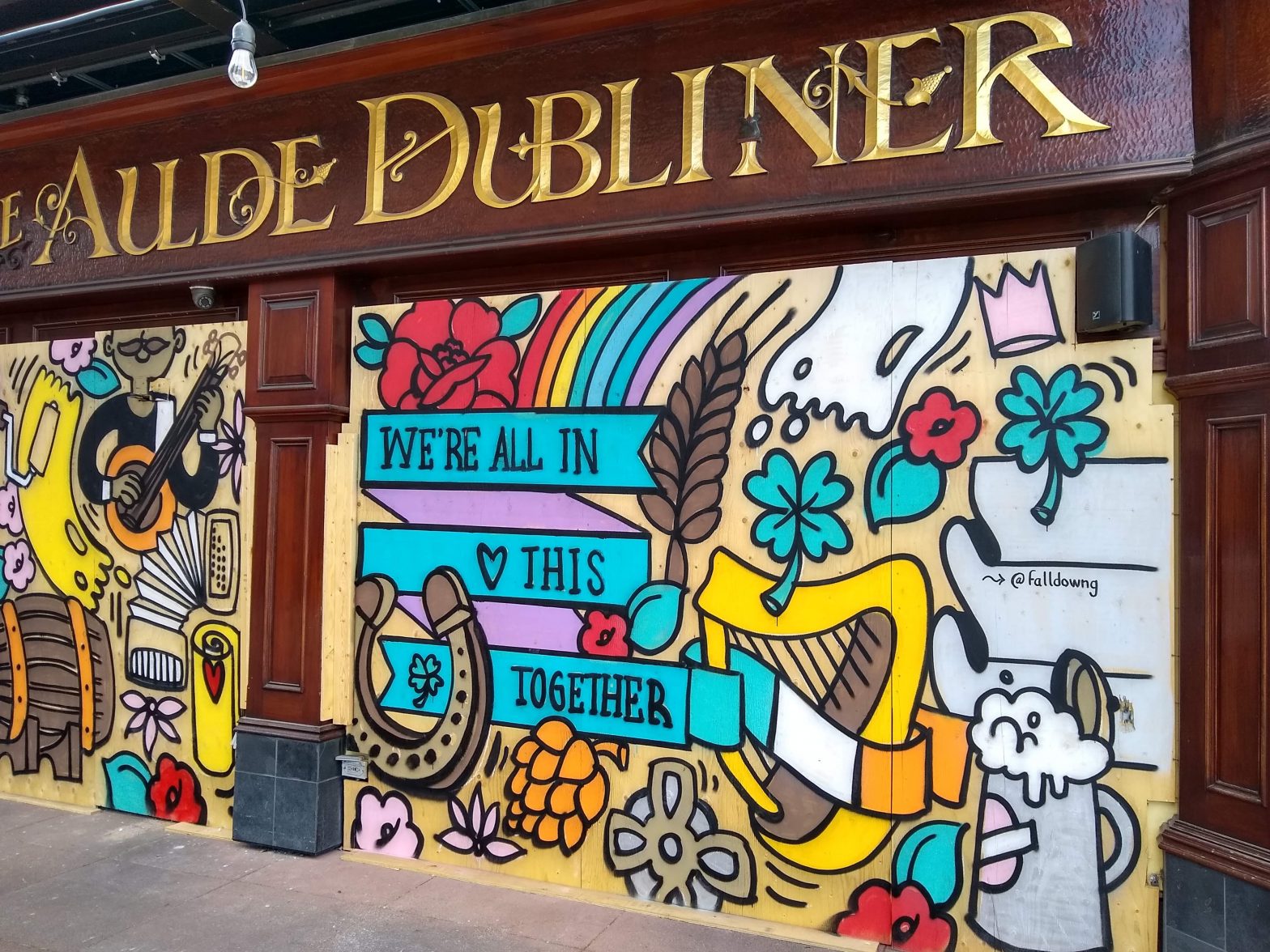I’m turning 35 in a few months.
One of the nicest things about getting older is seeing queer people in my life shaping their life to their desires. Renting a place and making it cute with plants and art from pals. Camping in the woods or going on hikes. Celebrating milestones with partners and friends. Moving towns and going back to school. There’s a predictability and loving entourage to their lives that was not quite there a decade previous.
This made me think to the queer anger that so many of us have lived through, the onset forming in our teens and twenties. This anger is justified – the result of finally acquiring language that validates years of being made small and suffocating those we love. It is compounded by unrecognized emotional trauma, a lack of housing and financial security, being in toxic relationships, emotionally immature parenting, a constant exposure to injustices, and all the challenges of being in the world that are that much more acute during those years.
I’ve been thinking about that transition from those turbulent years to this newfound peace. “Time heals” rings true here, though not so much because time itself has healing properties.
Being older means more years to address the effects of trauma. More years to find stable housing. More years to find income. More time to leave relationships that weren’t working and enter ones that do. More time to read relatable writings. More time to find the right meds. More time in front of the therapist. More time to discover beloved foods. More time to replay bad memories until they lose their bite. More time to jump through the hoops of HRT or surgery. More time to encounter a cat that needs adoption. More time exploring identity and kink. More time to learn ways to not murder plants. More time to find pals to connect with on a deeper level. More time being exposed to injustices until it looses its surprise.
Time also grants perspective-shifting experiences. Moving from the being the outsider to the insider of organisations is humbling in that demands to tear things down have to be met with equal or greater thought of how to build up. It imparts a realization that no personal expenditure of energy speeds progress. Experience also demonstrates that social change comes not in abrupt moments led by a few, but the product of decades of incremental work by thousands. So it is that I witnessed older activists shift from making demands only to be foiled by an intransigent system to producing incremental improvements to the lives of those they built connections with.
The effect of all of this growth is that it reduces the barriers to find personal contentment. Yes housing as a right, ending the culture war on poverty, ceasing deeming queerness and womanhood obscene would all help tremendously, but I’m talking about the things over which we have agency in our youth. I can’t dictate what a cishet or homonormative gay in power will decide tomorrow, but I can decide to budget for a therapist.
A thing I’ve come to realise is that queer anger requires fuel. Some of this isn’t chosen like a history of damaging interactions with family, unstable housing situation, a lack of supports, the health of the brain, medical gatekeeping, how the police treat us, or street harassment. Some of this fuel, however, can be removed. Just as choices can be made that ensure sadness like looking up an ex’s social media account, the odds of inducing anger in a way that doesn’t advance anything can also be greatly increased through our decisions. For example, by expecting a specific person on social media to change, reading a transphobic news article or the comments section, expecting parents to have grown emotionally, or expecting prominent voices in our community never to injure others. Anger is a body’s way of saying it desires things to be different; but we do not control what other people do. So instead I make different choices: I’ll ignore comments sections, avoid a back and forth with a bigot, and restrict the amount of time with my parents. I use my agency to remove the things that make me feel small from my life. Anger here is not substituted for complacency, but for an acceptance of what can be changed and going from there.
In the end, the time with those dear to us is always more limited than we’d like. It’s these people who bring smiles to our faces who are important. Anger belongs here too; it’s as valuable an emotion as happiness. It says so much about unmet needs. But when those things which make us mad aren’t going away, we have to be more intentional about how much we take that home with us. If we’re not careful, it can reduce quality time with the people that matter. We may not be able to change the world, at least not overnight, but we can change some of our world and make our own happiness in a bubble of our design.
I started writing this piece believing I could formulate lessons about anger that could be passed on to baby queers. That was wrong: they’ve already been told plenty about how they should be or feel while never having had much opportunity to be heard. So the lesson then is for us older queers: meet this younger generation where they’re at and listen with the same authenticity you wish had been granted to you. Welcome them to be part of the solution and use your experience to create boundaries for an environment that invites discomfort while being safe from abuse.
When prominent community members are vilified for failing impossible standards of purity, know that the anger here is less about what they did and more about the culmination of frustrations from years of being unheard. Bombarding our own with invective and threats under the guise of accountability is damaging. Share that no one should be put on pedestals and that safety also includes creating space for mistakes. Treat people online as you would if you were speaking to them face to face, one on one.
Queer anger is a product of systemic oppression. Unless you can get rid of that oppression, there’s not much you’ll be able to do to help prevent the next generation from being angry anew. Appreciate how far you’ve come, and look ahead.

